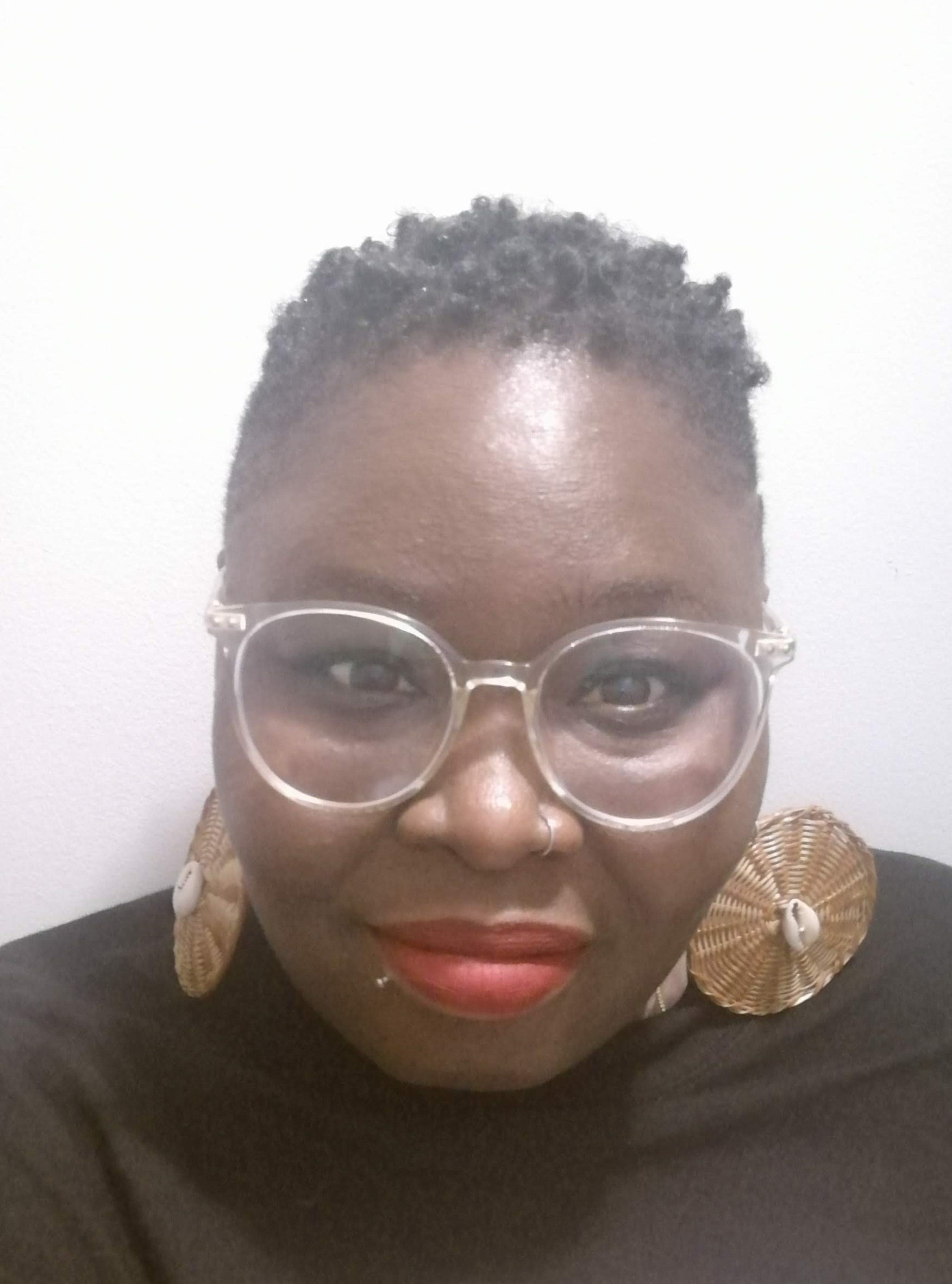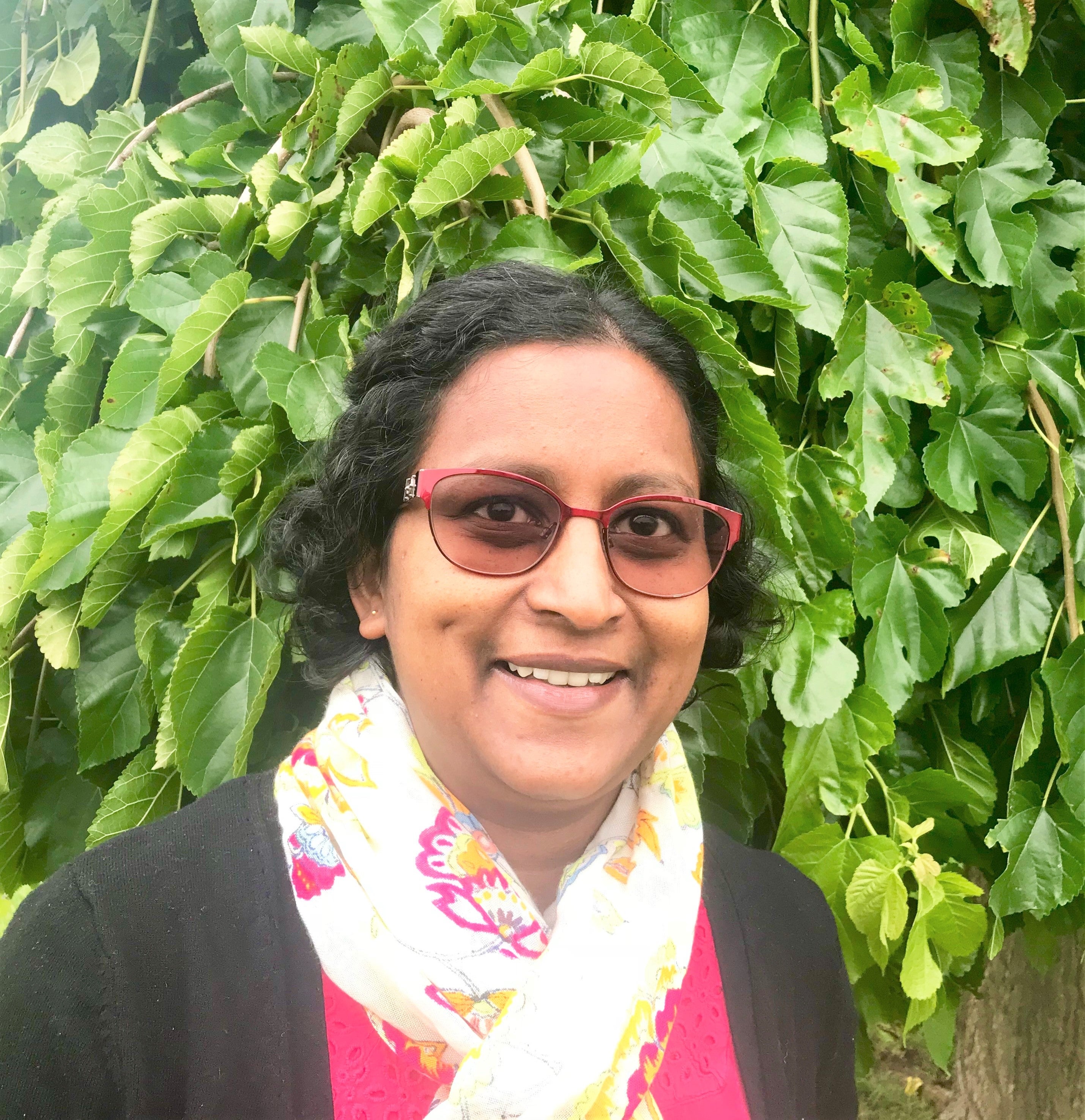Respectful Research: A reflection upon identities, positionality, and power

The students sought to address the gaps they noted within sustainability research: the dominance of Western-centric approaches, and a lack of awareness of the need for researchers to reflect on their own social position and role.
They designed the initiative as a platform for students to discuss and develop context-relevant and culturally appropriate research. The initiative guides students in identifying and challenging systemic barriers to social justice and to addressing status quos that reproduce and potentially reinforce existing inequalities.
“This workshop series, designed by students for students, was a call to collaboratively explore the issues of identity, positionality, and power and their implications on the way graduate research is conducted” says Lowine. The call was well received by the Environment graduate student community; the limited spots were filled within 24hrs of the announcement.
Sarah explained how the workshops were structured:

The final session included a panel discussion, where the focus was on strategies and specific actions that students could enable the conduct of respectful research. The panelists included Environment faculty Janice Barry (PLAN), Kelsey Leonard (ENV), and Andrew Trant (SERS); as well as Lori Campbell from the Indigenous Student Centre.
The final session of the workshop series was launched by dean Jean Andrey who was fully supportive of this initiative from the very beginning.
While opening this session Dean Jean remarked that:
“This is an example of a grass-roots initiative to address EDI (Equity, Diversity, and Inclusion) in our community. And we need both top-down and bottom-up initiatives; both small-group led and based on broad stakeholder input; both immediate and longer term.”

“There was a lot of enthusiasm among the participants to engage with the topics we explored, and with the materials we shared. The conversations were open, honest, and insightful” says Madu, which she sees as evidence of an appetite for this type of content.
The students acknowledge that the idea for the series grew out of dialogue with fellow students in the Environmental Change & Governance Research Group last summer. The STEC, of which the three are also members, also helped coordinate the series. Christopher Taylor also provided guidance on the series.
While the first iteration of the series focused on research in the field of sustainability – the research area of the three students – they note that these problems are not unique to any one discipline, and that such critical reflection is important no matter the subject area. Madu says “we are very excited about the potential that this initiative has at our faculty level and even beyond. Stay tuned for the next steps.”